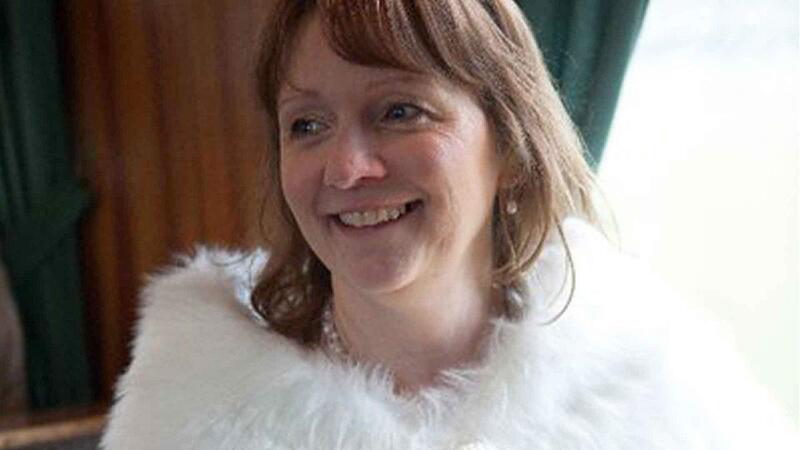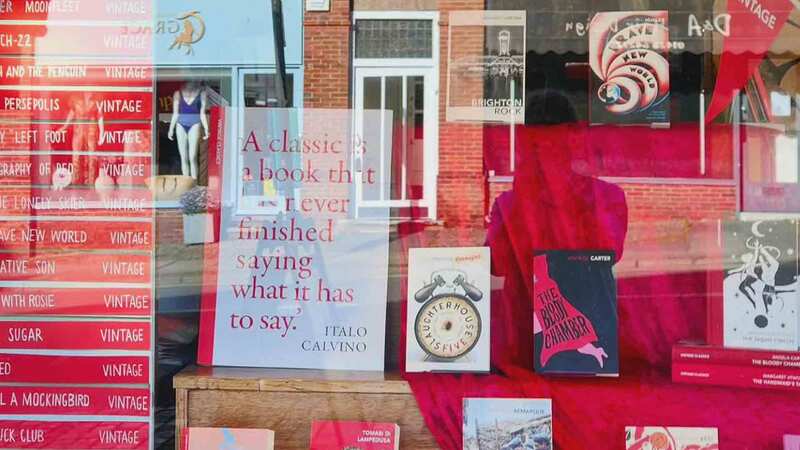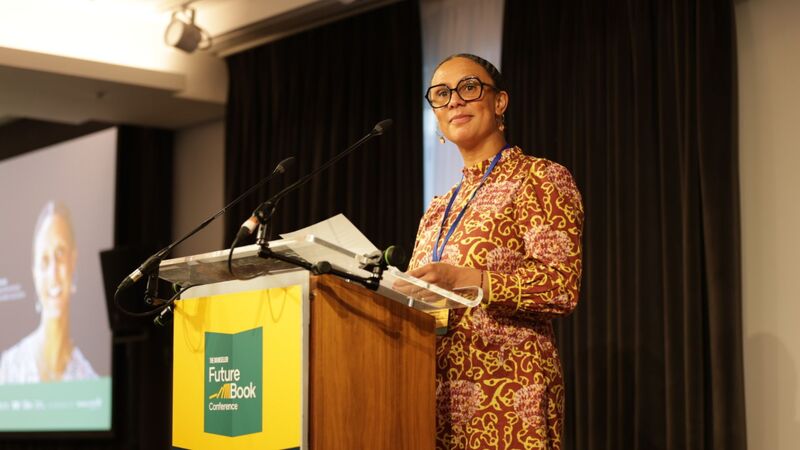You are viewing your 1 free article this month. Login to read more articles.
Franklin: low literacy levels 'a national disgrace'
Profile m.d. Andrew Franklin has spoken out again to condemn library cuts, telling Publishing Scotland's annual book conference that "shameful" destruction of libraries in the UK, alongside cuts to education in England and Wales, constituted a "a crime against humanity" that we will "pay the price" for over the years to come.
Delivering the keynote speech at the Edinburgh event yesterday (Thursday 25th February), Franklin referenced heavy cutbacks in Ayrshire, saying: "If libraries go – like bookshops – whole communities suffer and, as always, the poor, the most. A strong literary culture – a strong society in fact – needs well-funded libraries with properly paid professional staff."
Meanwhile the "shockingly low" literacy rate which sees around one in seven people in the UK classed as functionally illiterate is a "national disgrace and a tragedy", Franklin also said, commenting: "What a waste". He called on everyone to support Quick Reads and other literacy projects, make bookshops as welcoming as possible, and support the great work done by reading charity The Reading Agency and others.
Franklin's comments came as part of a so-called "SWOT" analysis of the book industry, in which he looked at the strengths, weaknesses, opportunities and threats to the trade. Among strengths, he identified a "golden age of creativity amongst children’s writers and illustrators", with children's books, particularly picturebooks, "more exciting and varied than ever" and children's illustration finally being recognised as an important art form of its own. Book cover design was now "strikingly good"; and future literary critics might judge the current Scottish literary scene, with its breadth and depth, as a second Scottish Enlightenment, he suggested.
But he urged Scottish publishers to do more to export their books, and to take advantage of fellowship offers from international book fairs, saying that while Canongate won the Queen's Award for International Trade in 2005, it would be great to see others have a stronger presence in markets such as Australia or India.
Franklin paid tribute to booksellers, calling bookshops at their best "havens of peace in the noisy commercialism of the High Street".
"Bookshops are so important that if you want to know how healthy a city or town is, you would do a lot worse than to visit its bookshops," he said. But the small reading base in the population, the distractions of social media, incursions into copyright and pressures on author finances all posed problems for the industry, he warned. He made oblique reference to the trade's "most obvious weakness", a company which he declined to identify by name "in case they are listening", saying they were "a real problem for everyone".
"They're almost a monopoly seller of e-books and dealing with a monopoly is always a terrible experience," Franklin commented.
The conference, hosted in Edinburgh's Central Hall by trade body Publishing Scotland in partnership with the Booksellers Association, also saw presentations by booksellers Patrick Neale of Jaffe and Neale and Debbie Ross, retail manager at Waterstones, as well as marketeers Helenor Gilmour, Miriam Robinson and Egmont's Katy Cattell. Publishers including Freight, Floris, Sandstone, Luath, Strident and Waverley also gave a "feverpitch" presentation highlights to the trade.

















